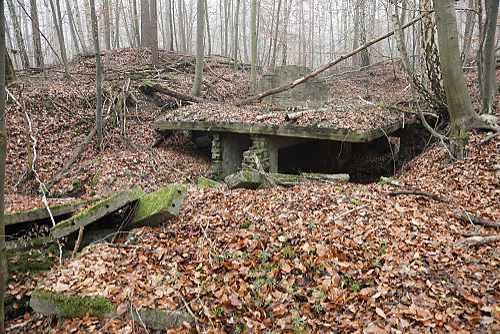Micheline Maurel: Villégiature (1943)
Info / context to the poem
In her first poem, recited to her fellow prisoners during the quarantine period in the late summer of 1943, the French poet Micheline Maurel describes the exile into which she had fallen as a descent into the realm of death.
The poem appeared, together with an accompanying letter, in December 1995 in the magazine "Ravensbrück". The French poet Micheline Maurel reconstructed the text encompassing two entire pages at the request of a comrade. She herself had written it during her imprisonment in Neubrandenburg, a satellite camp of Ravensbrück. In her opinion, the text was never worth the effort of being published since only women who were imprisoned in Ravensbrück could understand it. However, she felt that they would perhaps be "amused" at this "old text from our yet uninhibited starting time." An indication of how much worse it must have been for her in the period following. (C. Jaiser)
Images and documents

Historical railroad tracks
Close to the Memorial Ravensbrück


Violette Lecoq
La loie du plus fort
Mahn- und Gedenkstätte Ravensbrück
Signatur: V813-9

Violette Lecoq
Nourritoures terrestres
Mahn- und Gedenkstätte Ravensbrück
Signatur: V813-19E1

Camp wall
Historical photo
Mahn- und Gedenkstätte Ravensbrück

Concentration Camp Ravensbrück
View of the site in winter 1941
Mahn- und Gedenkstätte Ravensbrück
Photo album of the SS 1940/1941

The cell building
The camp prison, also called "bunker" by the prisoners, consisted of 78 arrest cells.




